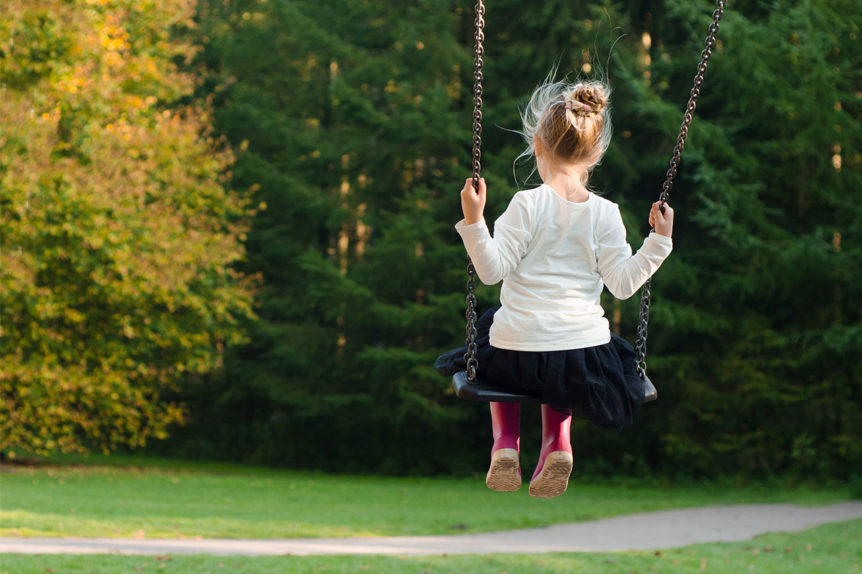Self-Care for Your Health: What is it and why is it important?
Learning to cope with change and uncertainty requires practice planning, flexibility, and self-care. The idea of caring for ourselves can feel a bit strange during times of heightened stress in our lives when it is easy to become self-critical. Some people think the idea of self-care means being selfish, while others dismiss it because they feel too overwhelmed by other priorities.
That is why it is important to truly understand what self-care means. In simple terms, it is an intentional process of planning and implementing practices that are meant to care for one’s own emotional, physical, intellectual, and spiritual health and well-being. In practice, self-care acts as a protective barrier. It prepares us to face stress, uncertainty, and change in the future.
What is the Difference Between Self-Care and Coping?
Coping is different than self-care. Where self-care is preventive in nature, coping is more reactive. Coping is how we respond in the moment to negative or stressful situations and experiences. We need coping skills when situations arise that are unanticipated.
Setting an Example for Self-Care – It Starts with You
Follow these best practices to help your child or teen establish their own self-care plan.
Start with you: Children observe and pick up on the behavior of parents and caregivers constantly. Start with your own commitment to self-care and healthy coping responses.
Communicate consistently: Children benefit from repetition. Find a consistent time to practice self-care and come up with a process for helping them respond to stress and emotions in the moment.
Plan ahead: Anticipate and ask your children ahead of time about what they can do to cope and calm themselves down in stressful situations.
Invest in your own well-being: To ensure you are the best version of yourself, take the time to try practicing mindfulness, physical exercise, getting quality sleep, eating a healthy diet, and socializing.
Best Self-Care & Coping Plan for Children and Teens
Building a self-care plan is a proactive process. It starts with developing strategies we can build into our lives on a regular basis to help minimize stress both now and into the future.
Here are three great coping strategies you can teach your child or teen to help them manage stress and other difficult emotions so they can cope in healthy ways:
- Deep Breathing: Deep breathing is both a healthy and effective way to cope with stressful situations because it helps to slow down the heart rate and calm those big feelings.
- Grounding Techniques: Grounding involves engaging the senses to identify things you can see, feel, hear, smell, and taste. It is a great tool to use whenever a child is feeling stressed or overwhelmed. Grounding techniques can be done quietly without anyone noticing at home, school, or in public.
- Healthy Distractions: Sometimes, children need help distancing themselves from a stressful situation. Encourage them to turn to a healthy distraction like going for a walk or bike ride, doing a creative activity like drawing or painting, or watching a favorite TV show. Create a list of these healthy distractions.
The global pandemic’s uncertainty, stress, and change makes it essential that we equip our children and teens with skills and techniques to build healthy habits for life. Teaching our children healthy ways to care for themselves while also building skills to adapt and respond to life’s challenges has never been more important.

